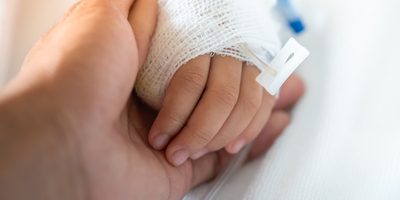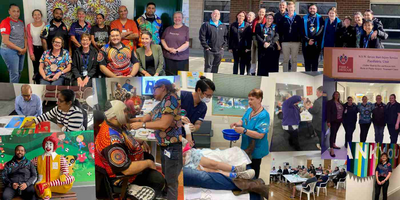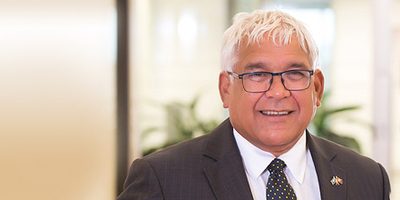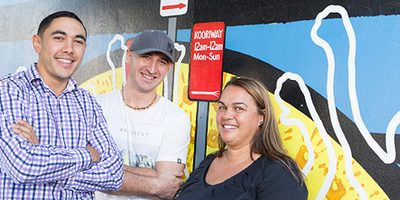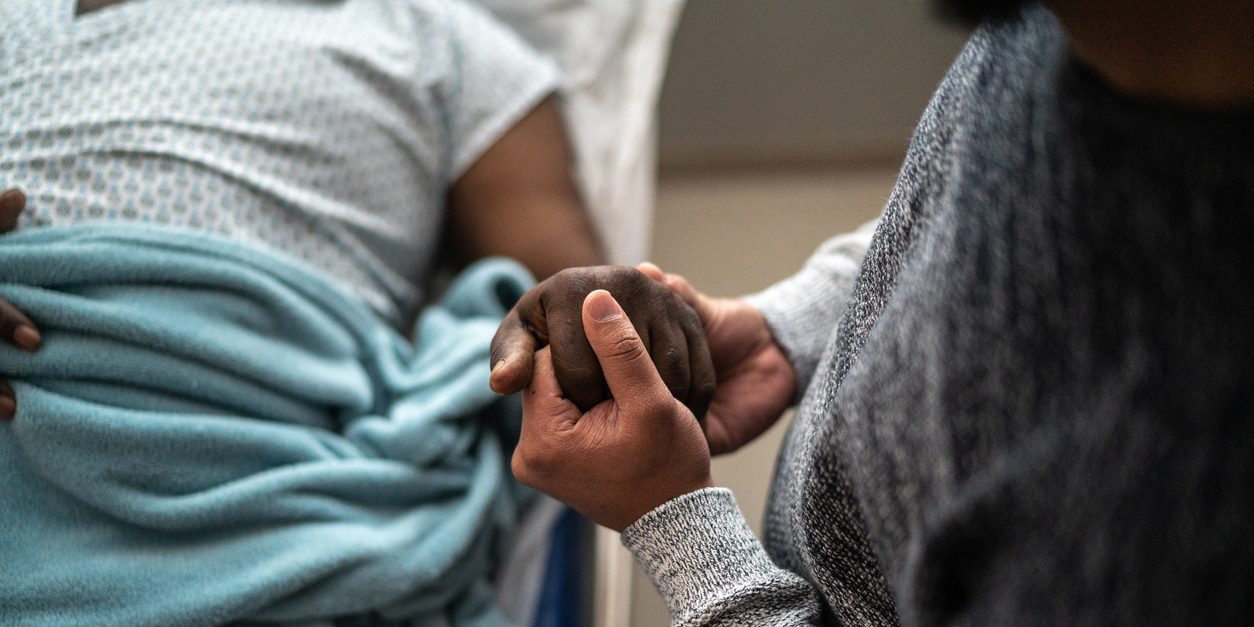
Critical for Aboriginal and Torres Strait Islander people to be better represented in health workforce, included in decision making to reduce leave events from health services
A new systematic review led by Dr Julieann Coombes, Sr Research Fellow in the Guunu-maana (Heal), Aboriginal & Torres Strait Islander Health Program at The George Institute for Global Health, investigates why ‘leave events’ are higher among Aboriginal & Torres Strait Islander patients and makes recommendations to address this gap.
Leave events, Discharge Against Medical Advice (DAMA) or self-discharge, describe events where a patient leaves a health service before being seen by a health professional or before discharge by their clinician. Leave events are a public health concern resulting in poorer health outcomes.
Discharge from hospital against medical advice occurs at a rate four times greater for Aboriginal and Torres Strait Islander patients as compared to non-Indigenous Australians.
Understanding the causes of leave events among Aboriginal and Torres Strait Islander people is important to develop and implement culturally safe mechanisms for health services to better meet Aboriginal and Torres Strait Islander peoples’ health and wellbeing needs.
Dr Coombes says, “Leave events disproportionally impact Aboriginal and Torres Strait Islander people and are not interpreted by health professionals as an indirect measure of patient dissatisfaction or racism.”
The quantitative findings of our review show that leave events occur more often among young Aboriginal patients of male gender, with history of previous leave events and who live in low socioeconomic areas.
Some of the causes highlighted in the review include lack of cultural awareness, racism, distrust of health system and procedures and communication issues including the use of medical jargon. Lack of availability and unstandardised role of Aboriginal workers was cited as a major barrier.
“Based on these qualitative findings, we have identified some recommendations to decrease leave events among Aboriginal and Torres Strait Islander people.. We believe having a higher number of Aboriginal and Torres Islander Strait people in the health force and decision-making is key to building trust and implementing strategies to provide health services that meet Aboriginal and Torres Strait Islander cultural needs,” adds Dr Coombes.
Some of the recommendations include:
- Hospital environment be more welcoming and services more friendly to patient cultural needs
- Implement Cultural awareness and cultural competency training
- Increase number and visibility of Aboriginal health workers
- Better communication with patients and patient education about hospital environments and procedures
- Involve families in health care provision
- Improve service coordination
- Address socioeconomic factors
Co-author on the paper Keziah Bennett-Brook asserts, “In Australia, health services are lacking cultural safety and capability when addressing Aboriginal and Torres Strait Islander people’s needs. The ongoing health gap between Aboriginal and Torres Strait Islander people and other Australians reflects the need for Australian health services to take these recommendations seriously in order to address this inequity.”
Access the full paper here.







